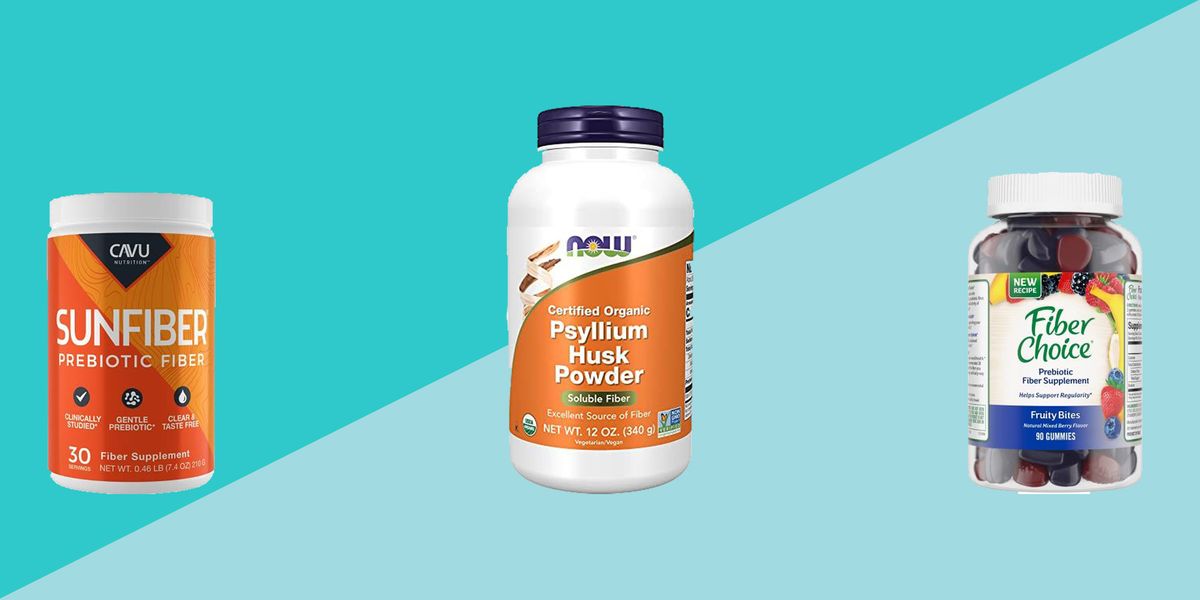Best Fiber Supplements for Constipation, Diarrhea, and Discomfort
If you’re not eating enough fruits and vegetables, your poop (or lack thereof) is probably showing it. Filling your plate with produce means you’re also filling your belly with fiber, a type of carbohydrate essential for good digestion (and yes, good bowel movements). Everyone knows it can be hard to get your greens, which is why a fiber supplement can be helpful. But there are different types that have slightly different functions.
“Although most Americans don’t get enough dietary fiber, it’s actually found in many foods. Fruits, vegetables, whole grains and legumes are all natural sources,” explains Heather Mangieri, RDN, a sports and wellness dietitian in Pittsburgh, Pennsylvania. In reality, to research suggests that 95% of American adults consume less than the 21 to 38 grams daily recommended by the Institute of Medicine. Having enough is crucial not only because it keeps you regular, but Samantha Cassetty, MS, RDexplains that a diet high in fiber is associated with a more diverse microbiome, “which is a sign of a healthy gut.”
Types of fibers
The two types of fibers are Iinsoluble fiber-who doesn’t dissolve in water and promotes the movement of material through the digestive system, increasing stool bulk and promoting bowel regularity, Mangieri says — and ssoluble fiber—which dissolves in water, often forming a thick gel that helps slow digestion and absorption of nutrients. “Including viscous soluble fiber with meals creates a greater feeling of fullness, which can help control food intake and support weight loss efforts,” adds Mangieri. She says soluble fiber is also known for its ability to lower cholesterol and maintain blood sugar levels.
How We Chose the Best Fiber Supplements
We consulted Mangieri and Cassetty, and scoured research and customer reviews to narrow down the best fiber supplements.
Dietary supplements are products intended to supplement the diet. They are not medicines and are not intended to treat, diagnose, mitigate, prevent or cure any disease. Be careful when taking dietary supplements if you are pregnant or breastfeeding. Also, be careful when giving supplements to a child unless their healthcare professional recommends it.
Our top picks
Advertising – Continue Reading Below
This content is created and maintained by a third party, and uploaded to this page to help users provide their email addresses. You may be able to find more information about this and similar content on piano.io
Advertising – Continue Reading Below


Comments are closed.